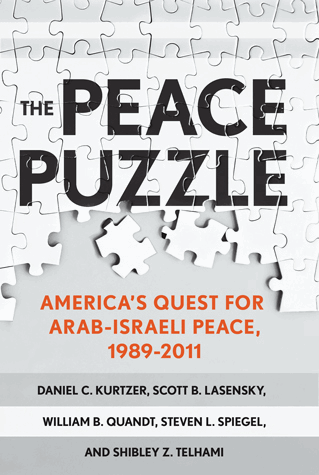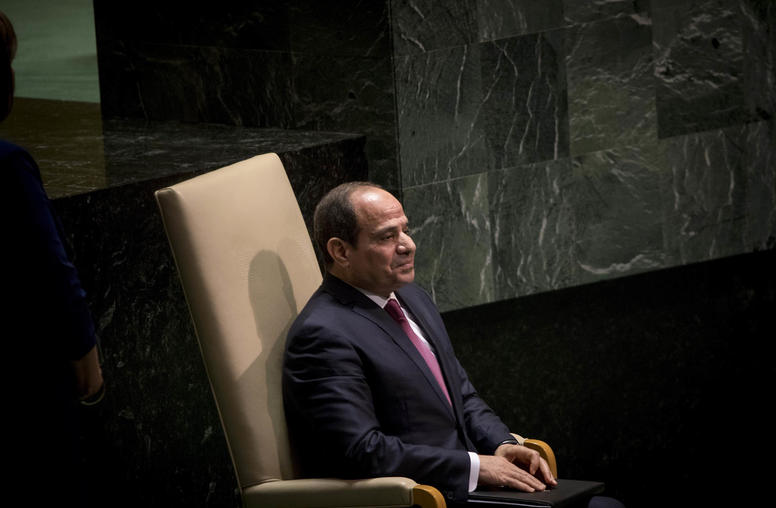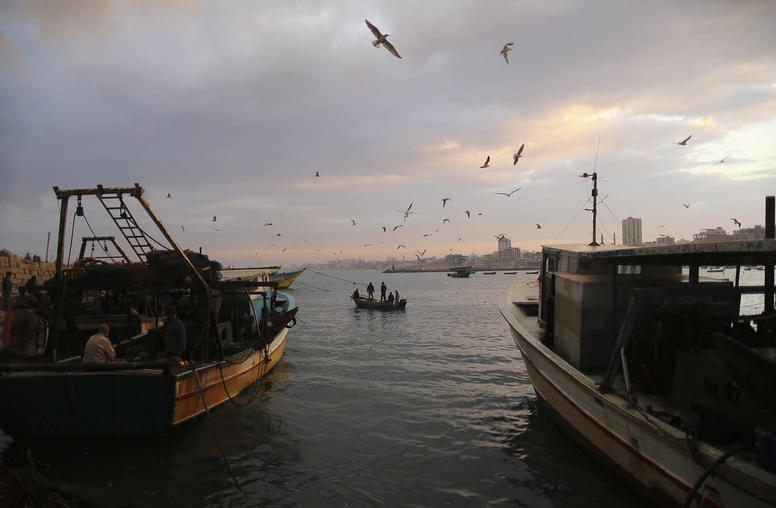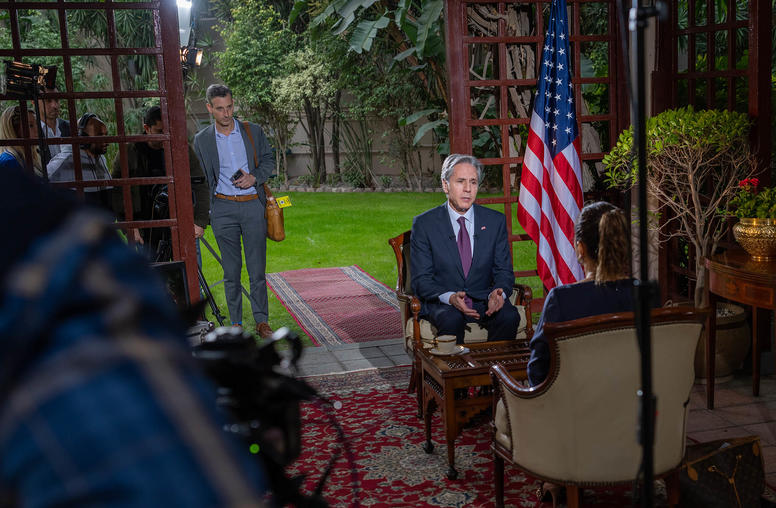
The story of American diplomatic engagement with the Middle East peace process, it seems, is primarily written through the memoirs of former senior policymakers. These are volumes full of exclusive, high-level insights and recollections that are critical to our understanding of the subject, but they also inevitably prompt suspicions of bias and self-serving memories. Those memoirs, valuable as many are, don’t eliminate the need for dispassionate, questioning analysis.
Such analysis, to be most useful in sorting through successes and failures, needs to be informed by access to historical archives (including newly available documents when possible) and to the U.S. officials who were most intimately involved in the U.S. attempts to encourage and broker peace between Israelis and Arabs over recent decades. Yet it also needs the hands of experienced Mideast watchers who are able to maintain some intellectual remove from those who once helped run U.S. policy—including even themselves.
This need to try earnestly for objectivity supplied much of the impetus for a book published this month by the U.S. Institute of Peace and Cornell University Press: “The Peace Puzzle: America’s Quest for Arab-Israeli Peace, 1989-2011.”
It’s a comprehensive look at the vitally important U.S. role in seeking a resolution of the conflict in the post-Cold War era, from the Madrid peace conference to the end of former Senator George Mitchell’s run as the Obama administration’s special envoy to the Middle East. The book emerged from USIP’s Study Group on Arab-Israeli Peacemaking and is written by Daniel C. Kurtzer, Scott B. Lasensky, William B. Quandt, Steven L. Spiegel and Shibley Z. Telhami. It builds on an earlier USIP book by Kurtzer and Lasensky: “Negotiating Arab-Israeli Peace: American Leadership in the Middle East.”
The book doesn’t wallow in pessimism, and so its message to those involved with policy is timely. Even as commentators bemoan the current, depleted state of peace efforts, the authors of “The Peace Puzzle” maintain that U.S. presidential-level commitment to seeking peace can be effective and remains essential to progress, and that two states with the full realization of Palestinian statehood remains the only viable end result of a negotiated peace.
At the same time, the writers supply useful correctives about U.S. Mideast diplomacy and establish a more complete version of the recent record, including assessments that are not always flattering from Washington’s perspective. The authors, for instance, explore why the Clinton administration “expressed so little interest and played almost no role in the substance of the 1993 Oslo Declaration of Principles or in the mutual Israel-PLO recognition that accompanied the process.” The authors (including Kurtzer, a key member of Secretary of State James Baker’s peace team at the time) frankly decry it as “an example of not paying adequate attention to a diplomatic process not conceived in Washington.” Preoccupied instead with developing an Israel-Syria peace track, the authors conclude that the relative lack of U.S. interest in the Oslo process contributed to the loss of an opportunity to advance Israeli-Palestinian peace.
Elsewhere in the book, the writers take to task the administration of President George W. Bush for insisting on the holding of Palestinian elections—and then being shocked by the 2006 electoral victory of Hamas, an Islamist movement branded a terrorist organization by the U.S. government.
“We can question why the faith in elections trumped concerns about a party being allowed to run that was committed to the use of violence…and that was not expected to meet [the international community’s] conditions for recognition of Israel,” they write. Those elections led to Hamas’s takeover of Gaza, a dramatic and enduring setback for the Palestinian Authority’s ability to represent all Palestinians and to take risks for peace in dealing with Israel.
“The Peace Puzzle” also puts forward 11 ways that American diplomacy in Arab-Israel peacemaking can be strengthened. They include accepting the critical U.S. role in reassuring both Israelis and Palestinians, recognizing that international leadership on the peace quest can’t be outsourced and acting to build trust and confidence with even difficult regional leaders in order to produce results.
Three of the five contributors will gather at USIP on January 28 for a public forum introducing the book and exploring prospects for renewed U.S. diplomatic activism in the region.
The writers’ summary lessons are well taken and reflect a realism borne of multiple disappointments. But American policymakers are for the time being preoccupied with economic issues, want to focus on other foreign policy priorities and remain wary of the domestic political pressures that would come with embracing Middle East peace as their calling.
There are also significant doubts about whether Palestinian and Israeli leaders are operating on political landscapes that are strong enough to bear the weight of the necessary compromises for a comprehensive peace. It might be some time before the authors’ lessons can be put to the test. In the meantime, worries will deepen that the window for forging a two-state solution is closing.
For more related to this topic, see coverage of “Twenty Years After Madrid: Lessons Learned and the Way Forward for Arab-Israeli Peacemaking,” a November 2011 conference at USIP; Remarks by Secretary Baker; and an article on the meeting.
How do you think American diplomacy on Arab-Israeli peacemaking could be strengthened? Send us your thoughts in the comment section below.
Thomas Omestad is a senior writer at the U.S. Institute of Peace.



